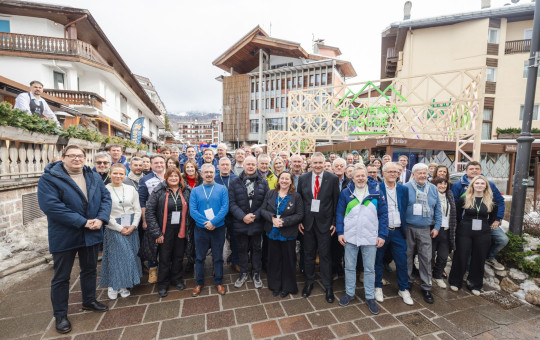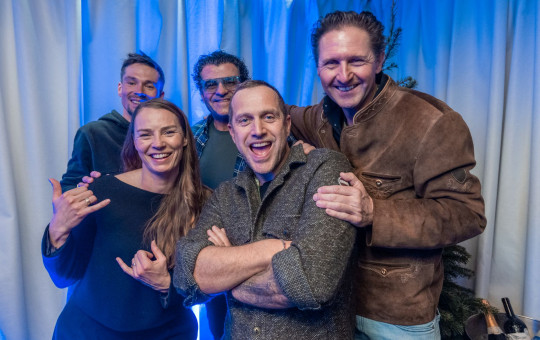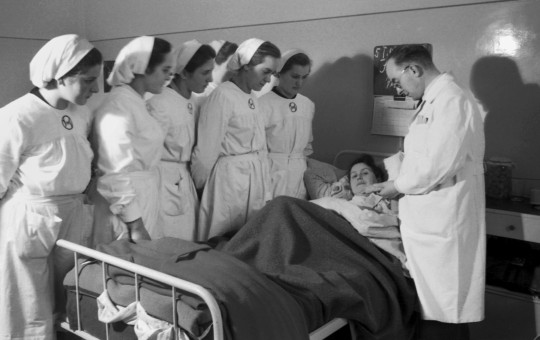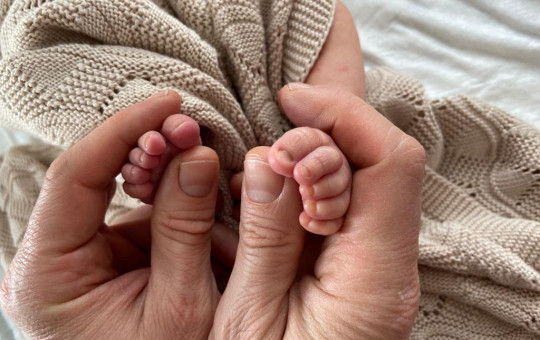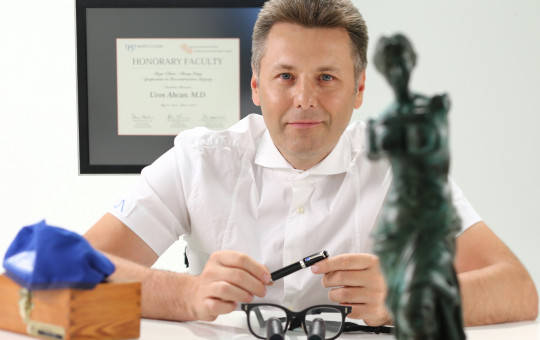Date: 26. November 2025
Time to read: 2 min
The University Medical Centre Ljubljana is launching the first clinical study for the development of a gene therapy that is largely the result of Slovenian expertise and perseverance. Urbagen is a gene replacement therapy intended for the treatment of CTNNB1 syndrome. This trial marks an extraordinary milestone in Slovenia's history: for the first time, a clinical study for a genetic disease will be conducted domestically for a drug that was primarily developed within the country.
The study will include 12 children, at least 10 of whom will be recruited from abroad. Urbagen is a gene therapy for CTNNB1 syndrome, a severe neurodevelopmental disorder characterised by intellectual disability, delayed motor skills, severe speech impairment, visual impairment and behavioural difficulties. Until now, there has been no treatment available for this syndrome.
A medicine with a Slovenian signature
The therapy is named after Urban, a boy born in 2019. Within a few months of his birth, his parents noticed that he was not meeting the expected developmental milestones for his age. At nine months old, he was diagnosed with a severe neurodevelopmental disorder CTNNB1 caused by a mutation in the CTNNB1 gene on chromosome 3p22.1. He was the first child in Slovenia to receive this diagnosis, and three additional cases have since been identified.
-
 CTNNB1 affects almost every aspect of a child’s life, including their ability to walk, speak, think, and socially connect with others. Photo: Anže Šestovič
CTNNB1 affects almost every aspect of a child’s life, including their ability to walk, speak, think, and socially connect with others. Photo: Anže Šestovič
-
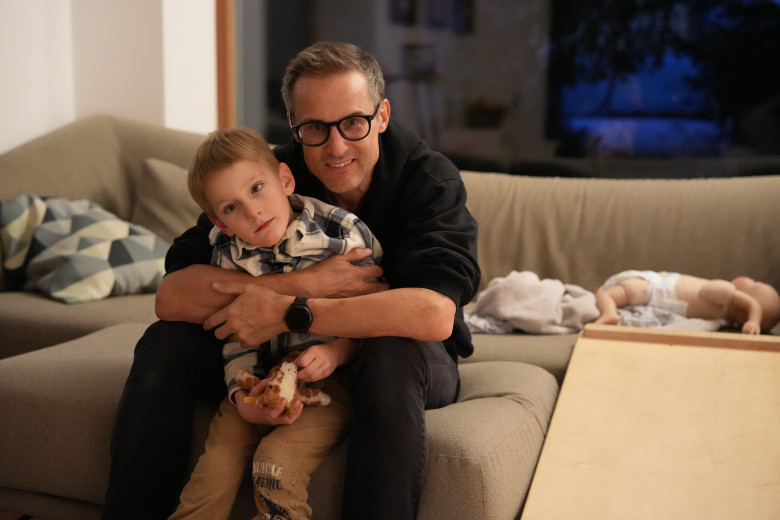 The principal researcher of the study is Dr Damjan Osredkar from the Paediatric Clinic of the University Medical Centre Ljubljana. Photo: Personal archive of Špela Miroševič
The principal researcher of the study is Dr Damjan Osredkar from the Paediatric Clinic of the University Medical Centre Ljubljana. Photo: Personal archive of Špela Miroševič
Since no treatment currently exists for this syndrome, which was first diagnosed in 2012 and affects one in 50,000 children worldwide, Urban's mother, Dr Špela Miroševič, a psychotherapist and biopsychologist employed as a researcher at the Faculty of Medicine in Ljubljana, took the initiative of assembling a team to attempt to develop a gene therapy.
She invited Dr Damjan Osredkar from the Paediatric Clinic of the University Medical Centre Ljubljana to join the project, and subsequently Dr Roman Jerala from the National Institute of Chemistry. Although the team has since expanded to include renowned international experts, Slovenian researchers have played a pivotal role in developing the therapy.
The first gene therapy for CTNNB1 syndrome
Following five years of dedicated research and testing, the CTNNB1 Foundation has received the official approval from the Agency of the Republic of Slovenia for Medicinal Products and Medical Devices (JAZMP) to begin a clinical trial.
-
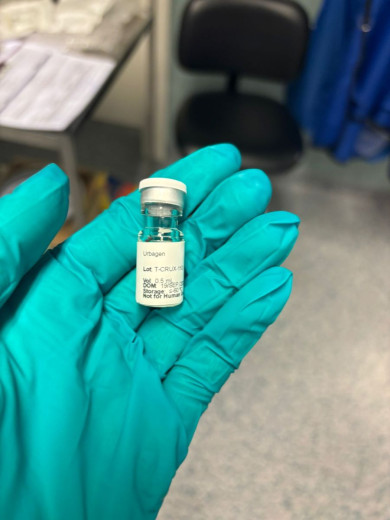 In five years, Slovenian researchers, with the help of international collaborators, have developed the first gene therapy for CTNNB1 syndrome. Photo: Personal archive of Špela Miroševič
In five years, Slovenian researchers, with the help of international collaborators, have developed the first gene therapy for CTNNB1 syndrome. Photo: Personal archive of Špela Miroševič
-
 Špela Miroševič, the mother of the boy Urban, founded the CTNNB1 Foundation. It is a nonprofit organization dedicated to curing or at least improving the lives of children diagnosed with rare genetic disorders that prevent them from carrying out normal daily functions. Photo: Anže Šestovič
Špela Miroševič, the mother of the boy Urban, founded the CTNNB1 Foundation. It is a nonprofit organization dedicated to curing or at least improving the lives of children diagnosed with rare genetic disorders that prevent them from carrying out normal daily functions. Photo: Anže Šestovič
"To our knowledge, we are the only non-profit organisation to have independently carried out the entire development of a gene therapy for a novel disease, from the initial concept and laboratory development, to testing in animal models and drafting regulatory documentation; from manufacturing and quality assurance to obtaining authorisation for clinical use, without the support of a pharmaceutical partner. We have proven that it is possible to create a medicine solely for the purpose of helping children with a rare disease, even within a non-profit environment," emphasised Dr Špela Miroševič.
The clinical trial, which will be conducted at the Division of Paediatrics at the Ljubljana University Medical Centre Ljubljana, is the world's first to treat CTNNB1 syndrome with gene replacement therapy. The therapy aims is to replace the missing CTNNB1 gene and restore its normal function. The trial will primarily assess the safety of the treatment, while also looking for evidence of its efficacy.
A historical breakthrough for researchers and for Slovenia
The journey to this milestone, driven by the dedication of researchers, donors, foundations and state institutions, has been exceptionally challenging. In Slovenia, EUR 2 million was raised through donations, with a further EUR 2 million secured from abroad, and an additional EUR 1 million provided by the Ministry of Higher Education, Science and Innovation.
-
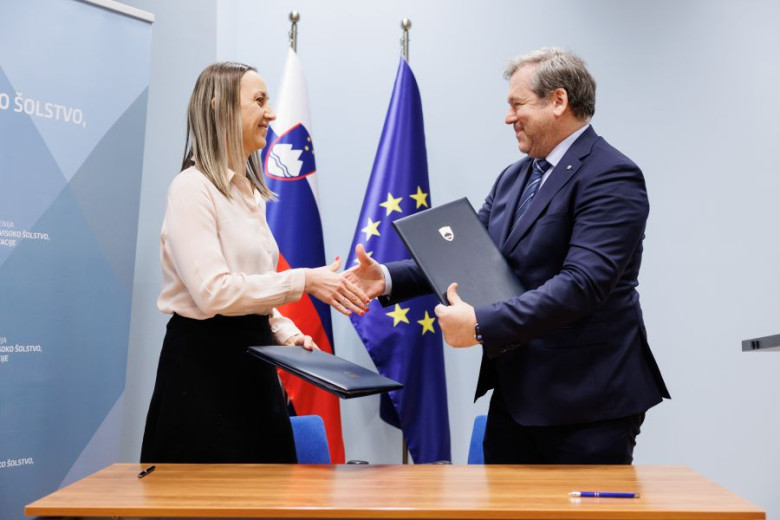 In December 2024, the Minister of Higher Education, Science and Innovation, Igor Papič, and the founder and chair of the CTNNB1 Foundation, Špela Miroševič, signed an agreement to co-fund the preclinical and clinical study of the gene therapy Urbagen. Photo: Nebojša Tejić/STA
In December 2024, the Minister of Higher Education, Science and Innovation, Igor Papič, and the founder and chair of the CTNNB1 Foundation, Špela Miroševič, signed an agreement to co-fund the preclinical and clinical study of the gene therapy Urbagen. Photo: Nebojša Tejić/STA
-
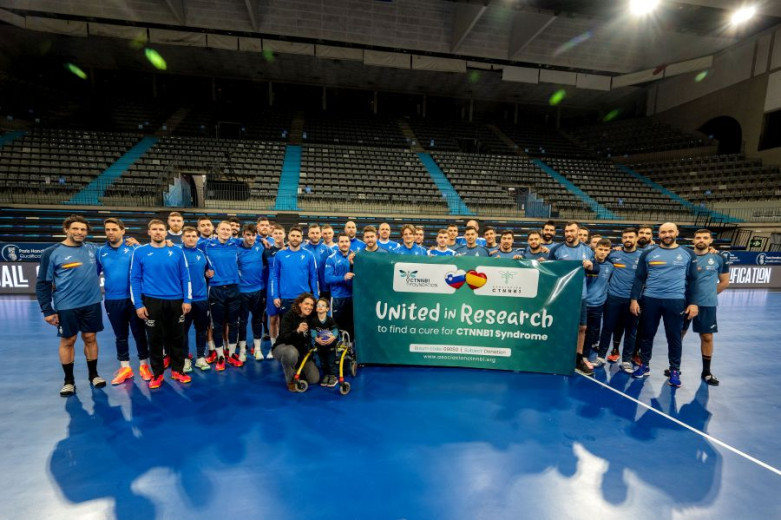 At the start of the clinical study, the foundation expressed its gratitude to the Slovenian public, companies, donors, and individuals who supported them through countless charity campaigns and events. Photo: Personal archive of Špela Miroševič
At the start of the clinical study, the foundation expressed its gratitude to the Slovenian public, companies, donors, and individuals who supported them through countless charity campaigns and events. Photo: Personal archive of Špela Miroševič
The state also supported the project by introducing a key systemic measure in the form of legislative changes that enabled the development of a new medicine to take place in Slovenia. The amended law now permits funding for the final stages of the preclinical and clinical development of non-commercial medicines intended for the advanced treatment of rare diseases in children.
Urbagen therefore brings not only hope, but also clear proof that Slovenia can contribute to developing cutting-edge medical therapies that are changing patients' lives around the world, with scientific excellence, dedication from its researchers and regulatory support from the state.

